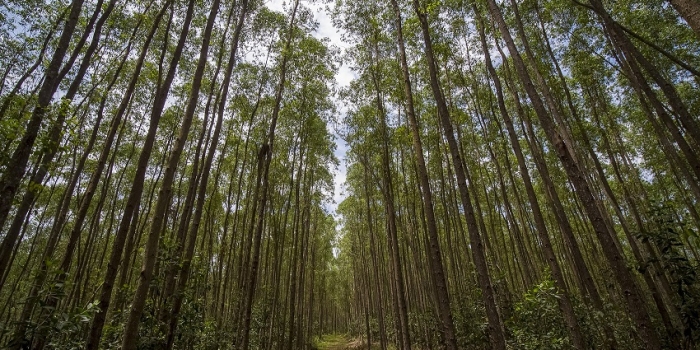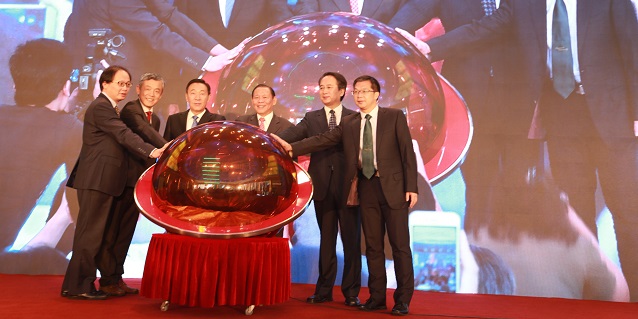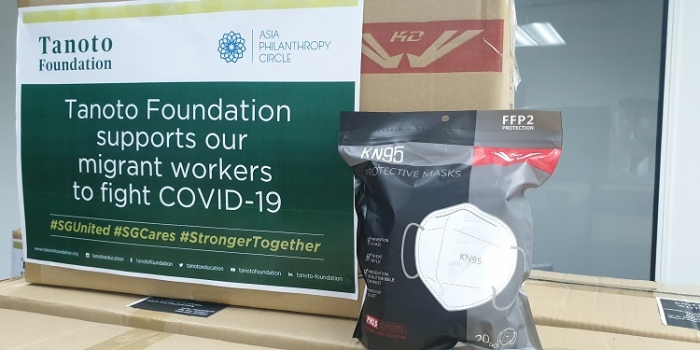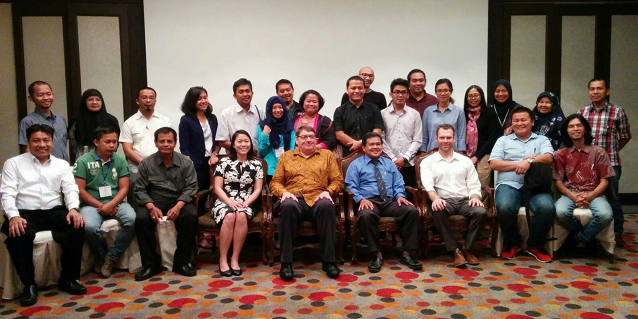This article is an adapation of ‘How innovative sustainability commitments are transforming Asia’s bioeconomy’ which was originally published in the South China Morning Post. This is the first of a two-part series discussing RGE’s role in the bioeconomy and its sustainable business practices.
The concept of the bioeconomy has come to the fore in recent years as key leaders and policymakers accept that a better approach is needed to address the challenge of climate change and its causes.
What that requires is a new model which emphasises careful stewardship of the natural environment and uses science to manage our planet’s renewable biological resources in ways that can accelerate progress towards a circular, low-carbon economy.
In essence, it means finding sustainable solutions where crops, forests, fish, livestock and microorganisms still produce the food, raw materials and energy we all need.
Yet in applying new technologies and bio-based processes, it is possible to enhance levels of productivity and maintain the necessary balance by creating various kinds of closed-loop operations.
These are expertly set up so as to generate little or no waste, because everything is ultimately shared, reused, recycled or returned to nature. As the bioeconomy evolves, that will remain a guiding principle.
Asia, of course, has a major role to play and, in that respect, RGE is leading by example. The Singapore-headquartered resources and manufacturing group has made a strong commitment to sustainable business practices and care for the environment, and is setting pioneering standards for the rest of the world to follow.
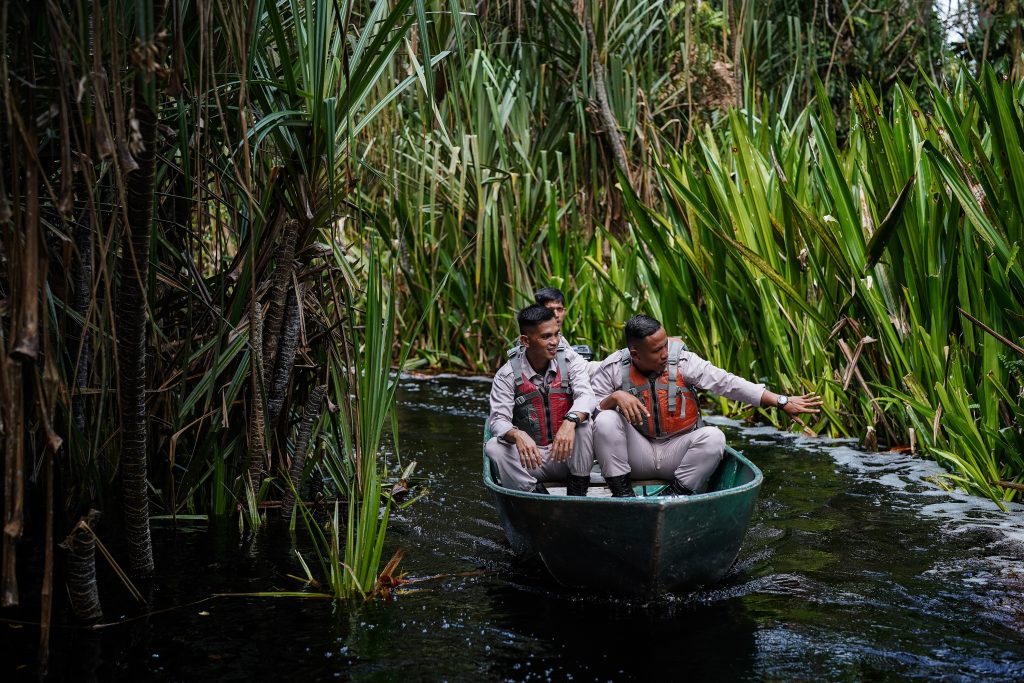
Rangers from Restorasi Ekosistem Riau programme patrol the Serkap river in Sumatra, Indonesia, to safeguard the area from illegal activities.
Founded more than 50 years ago, the group’s main focus is in forestry plantations and agriculture – the products of which are found in millions of homes in the form of everyday items including paper, tissue, towels, wet wipes, shampoo, viscose fibre in clothing and palm oil for cooking.
RGE currently employs about 70,000 staff and has total assets of more than US$35 billion.
Committed to conservation and communities
It has extensive operations in China, Brazil, Canada and Spain, all of which are dedicated to renewable solutions, conservation and improving the quality of life for local communities.
However, Indonesia, in particular the island of Sumatra, remains at the heart of things when it comes to innovation, whether the aim is to cut carbon emissions, switch to solar and biomass power, monitor seedlings by drone, fund schools and infrastructure, or reintroduce endangered species to native forest areas.
“In terms of forestry and land, there are still a lot of resources in Asia,” says Bey Soo Khiang, RGE’s group vice-chairman, who drives sustainability practices and policies across all the businesses. “We decided in 2015 to commit to no deforestation to turn land into plantations. Instead, we would increase the productivity of existing land and look into circularity, particularly for textile products and wood pulp.”
The first step was to adopt a high conservation value policy – involving biological, ecological, social or cultural values of outstanding significance or critical importance – in managing licensed concessions, as well as a production-protection model through which sustainably managed plantations form a barrier around conservation and restoration areas.
Together, these measures created a framework to clearly delineate specific areas for particular purposes, prevent encroachment, provide income for villagers and educate people about longer-term benefits.
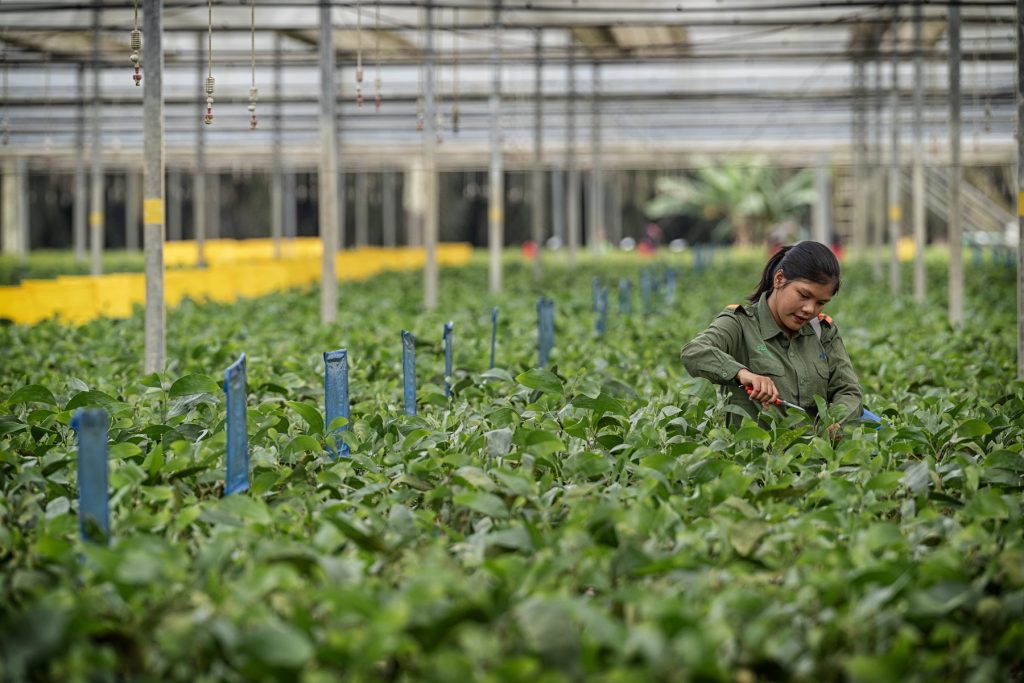
APRIL nurseries feed its plantations with new trees and also help support extensive restoration work by growing local species to plant in degraded forest areas.
“This was our way of making sure there is balance between nature and commercial production,” Bey says. “In areas with conservation potential, we may even change a production licence to create an ecosystem for forest restoration.”
The group’s pulp and paper company, Asia Pacific Resources International Holdings Limited (APRIL), is pursuing what it calls its 1-for-1 commitment. This means that the company is committed to protecting one hectare of conservation forest for every hectare of plantation.
At present, APRIL has achieved 80 per cent of this target and has 361,234 hectares (890,000 acres) of conservation and restoration forest under management, with the perimeter areas around its concessions closely supervised.
Restoring the environment and its people
APRIL also protects 150,693 hectares of forest on the Kampar Peninsula and Padang island, on the east coast of Sumatra, as part of a multi-year commitment to its Restorasi Ekosistem Riau ecosystem restoration programme. Careful attention is paid to biodiversity levels, hydrology, the needs and expectations of those living within the conservation zone, and plans to guard against present dangers and future threats.
“In terms of research into biodiversity and restoration activities, we work with nature conservation charity Fauna & Flora and the nearby communities,” Bey says.
“If it’s a degraded production area, we actively plant native species, but otherwise we just let things grow. For fauna, though, the first issue is to tackle the illegal wildlife trade; then, the incentive to poach mammals and birds is no longer there.”
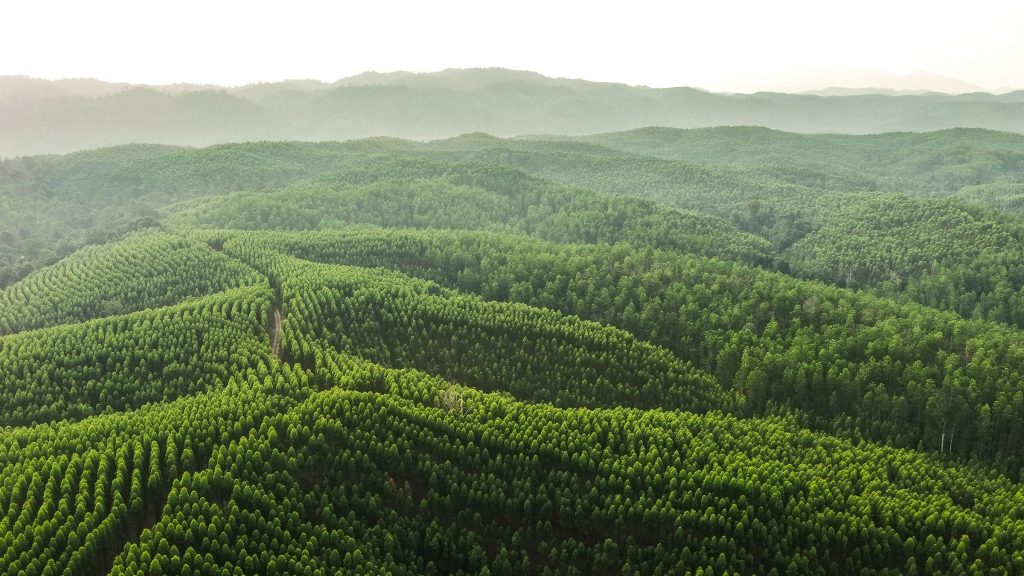
APRIL uses effective plantation management to protect high conservation value forests and supports local economic development while planting millions of trees annually and harvesting the yield sustainably.He says that group companies manage these efforts, drawing on the help of relevant experts and social enterprises as and when necessary. For example, this might involve getting a respected local voice to tell villagers about the potential impact of El Niño weather system changes or, perhaps, alternative employment opportunities coming their way.
Such initiatives have also included a very successful “fire-free village” programme. This spread the message among local communities and contractors about the urgent need to prevent forest fires and smoke haze through a “zero burn” policy for neighbouring farmers. Since 2013, this has helped to reduce burnt land by up to 90 per cent in key districts.
“We are very heartened by that,” Bey says. “We educated families about the harmful effects of haze on children’s health and appointed village firemen to speak about not using matches to clear land. But we also loaned machinery to help farmers with heavy work and helped ‘no fire’ communities build mosques or schools.”
To improve in other respects, APRIL makes a point of using leading independent auditors to verify that it is adhering to its sustainability commitments. This annual check also ensures that wood fibre is being taken only from certified and non-controversial sources.
The resulting reports are made public on RGE-managed business group websites, which also serve as a forum for continuing stakeholder engagement and perspectives from those people with a valid viewpoint to express.
“Being part of the bioeconomy in Asia, we have the advantage of sunshine and abundant rainfall,” says Bey, noting that it takes only five years for the commonly planted acacia or eucalyptus tree to reach maturity in Indonesia, which compares with 25 years for a pine tree in Canada.
“There are always business imperatives, but fundamentally the founder of the group wanted us to operate on the basis of our 5Cs business philosophy: striving to do what is good for the community, country, climate, and customer, and only then will it be good for the company.”



